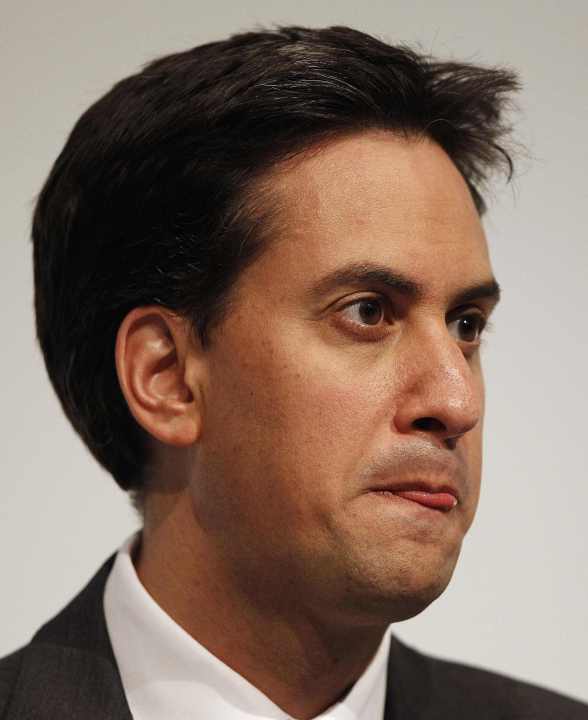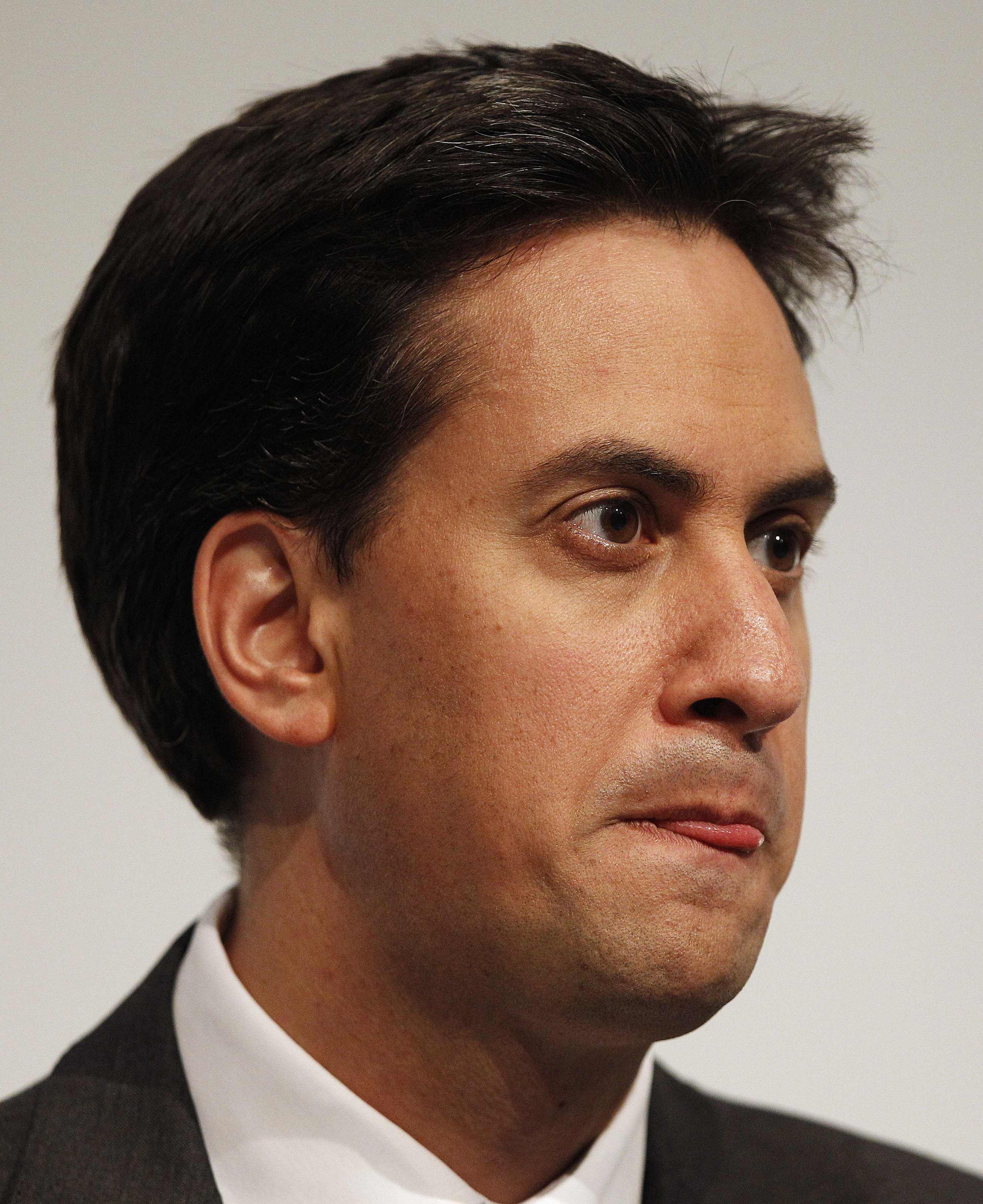 In a word: badly.
In a word: badly.
Ed Miliband has now led Labour for a full year, but has made no progress with regards to its standings in the polls. When he took over, the Labour party was at 37 per cent in the polls, according to Ipsos MORI. Considering that 60 per cent give the Coalition government the
thumbs down, he’s had ample opportunity to improve this figure. And yet he’s failed. In their latest poll, MORI again have Labour on 37 per cent.

When it comes to his own personal ratings, the picture is even worse. As Miliband has
become more well-known and more people have formed an opinion of him, the number “satisfied” with his performance has actually decreased. This month, it hit its lowest point to date at 31
per cent. Instead, the number “dissatisfied” with him has soared, from 22 per cent when he was elected to more than double that now:

And other pollsters have been throwing out even worse numbers for Ed ahead of his speech. YouGov found that just 18 per cent think he’s “provided an effective oppostion to the
government”, while 64 per cent don’t – including a majority of Labour supporters. And 19 per cent agree that he’s “up to the job of Prime Minister”, against 62 per cent who say he’s
not.
Miliband’s poor ratings partly reflect his – and his party’s – inability to regain credibility on the economy. Even though 62 per cent buy Labour’s line that “the cuts are too deep and too fast”, just 34 per cent think they “have the right economic policies to steer Britain back to growth and prosperity” (according to ICM).
On this key issue, Miliband’s not the only Ed holding his party back. Just 27 per cent think Ed Balls is doing a good job as shadow Chancellor, and he’s even underwater among Labour supporters: 34 per cent of them give him the thumbs up, against 38 per cent who say he’s doing a bad job. In a ComRes head-to-head against Osborne, just 27 per cent think Balls would make the better Chancellor.
One conference is unlikely to change this, although the Labour leadership do now seem to understand the need to apologise for the economy. Whether the public are in the mood to forgive is another
question, and so far they don’t seem willing. Even now – over 16 months after Labour left office – 38 per cent blame them most for the current spending cuts, while a further 25 per cent blame
Labour and the Coalition equally. Labour have made no significant progress in shifting this blame since Christmas:








Comments